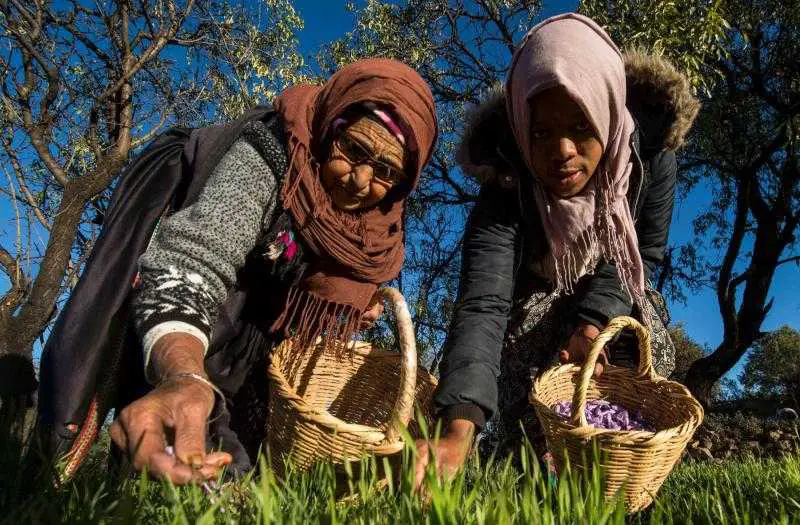The Moroccan planning agency revealed on Wednesday that, the country’s unemployment rate slipped to 9.2 per cent in 2019 from 9.5 per cent in 2018. This was attributed by the offset labor gains in town and cities, after heavy job losses within the rural areas, Reuters revealed.
Morocco which is now run under a new coalition-government, its economy was spotted by World Bank (in October 2019) to be slowing down below its potential constrained by a volatile, rain-fed, agricultural sector and slow growth in the tertiary sector.
According to World Bank, real GDP slowed to 2.7 per cent in 2019, while non-agricultural growth improved by 3.4 per cent (compared to 3 per cent in 2018), driven by the better performance of phosphates, chemicals, and textiles.
READ U.S.-Africa Business Summit 2020 to be hosted in Morocco
In addition, the government is currently working to develop a new model of economic development for the country, based on enhanced education and vocational training programs, and bolder policies to boost job creation and promote inclusive growth through a modernized social protection system.
Hence, Reuters reported that farm income hinges on volatile rainfall levels in the semi-arid North African country, pushing more rural people to seek work in urban areas.
While 85,000 jobs were lost in the countryside in 2019, in return cities created about 250,000.
However, in October 2019 World Bank’s economy overview on the Morocco economy revealed that, due to the nation’s sound monetary policy and ample supplies of fresh food, inflation has remained low, under 0.6 per cent.
Also, the unemployment rate declined slightly to 9.3 per cent in the first quarter of 2019 (from 9.8 per cent in the first quarter of 2018), underlined by a protracted fall in the labor force participation, which dropped to 46.1 per cent.
Further, the agency noted that about a quarter of people aged 15 to 24 were unemployed, including 13.5 per cent of young women and 15.7 per cent of young college and university graduates.
The rate of underemployment was stable at 9.2 per cent in 2019. Informal labor abounds in Morocco, making it hard to produce reliable employment figures.
The planning agency also expects Morocco’s economy to grow 3.5 per cent in 2020 after 2.3 per cent last year, assuming average rainfall weighs in the play.
READ:European Union funding for Morocco showing limited value
